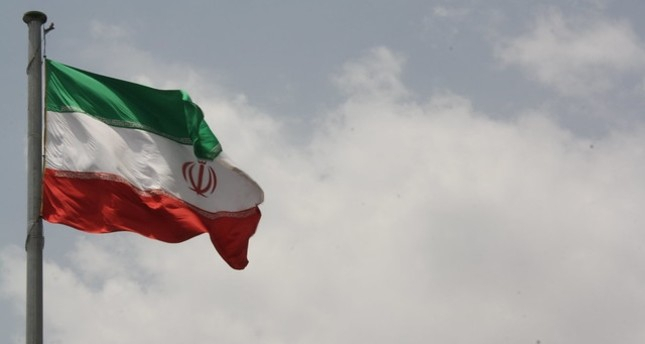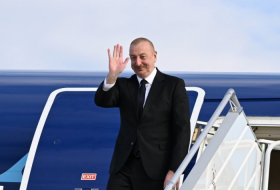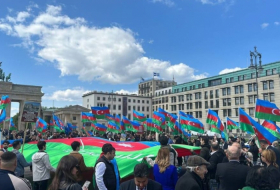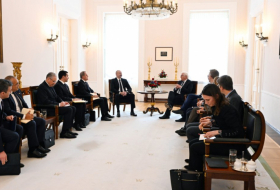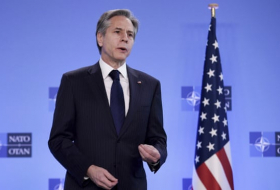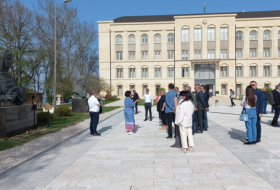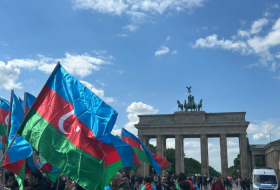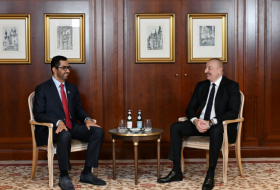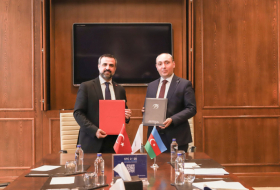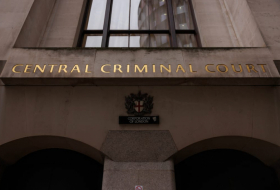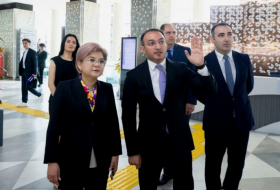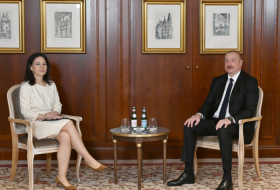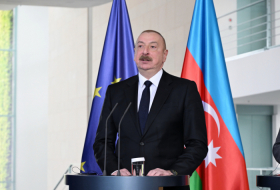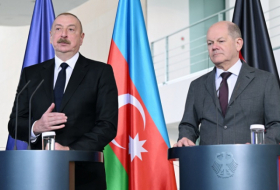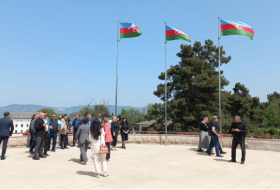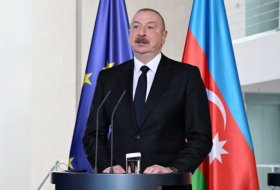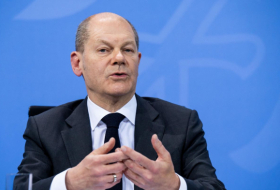Inspectors from the U.N. nuclear watchdog are verifying whether Iran has accumulated more enriched uranium than allowed under its deal with major powers, the agency said on Monday, after Iranian sources told Reuters and other media said this was the case.
"We are aware of the media reports related to Iran's stockpile of low-enriched uranium (LEU)," an International Atomic Energy Agency spokesman said. "Our inspectors are on the ground and they will report to headquarters as soon as the LEU stockpile has been verified."
Iranian officials have said in recent days that the country is on track to pass the enriched uranium limit, which was set under its nuclear deal, after remaining signatories to the pact fell short of Tehran's demands to be shielded from U.S. sanctions.
Iranian Foreign Minister Mohammad Javad Zarif said Monday that the mechanism set up by European powers to help Iran skirt U.S. sanctions will be of limited use but it has highlighted a welcome distance between Washington and its allies.
The EU said Friday after a crisis meeting aimed at salvaging a landmark 2015 nuclear deal between Tehran and world powers that the INSTEX payment mechanism was finally "operational" and that the first transactions were being processed.
"Although it does not meet the demands of the Islamic republic, (or) Europeans' obligations... it has a strategic value (in showing) that the closest allies of the United States are distancing themselves from America in their economic relations," Zarif said.
"This will certainly have long-term effects," he added, during a speech broadcast on state television.
Britain, France and Germany launched the special payment system in late January after U.S. President Donald Trump abruptly quit the nuclear deal last year and reimposed sweeping sanctions on Iran.
It is seen as key to EU efforts to preserve the deal but its promise of easing the bite of U.S. sanctions, which have cut Iran off from the international financial system and decimated its oil exports, has been slow to materialize.
In response to the U.S. measures, Tehran announced in May it would abandon some of the limits on its nuclear activities imposed under the deal, threatening to give up two others by July 7 if the other signatories to the accord do not help it break the U.S. embargo.
INSTEX was designed to only support transactions in the pharmaceutical, medical and agricultural-food sectors.
More about: Iran uranium nuclear-deal








